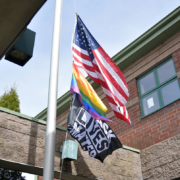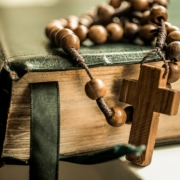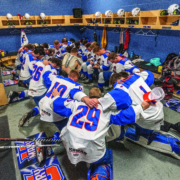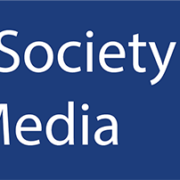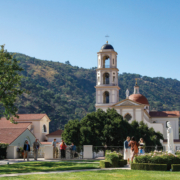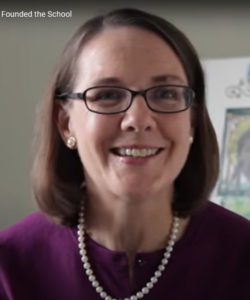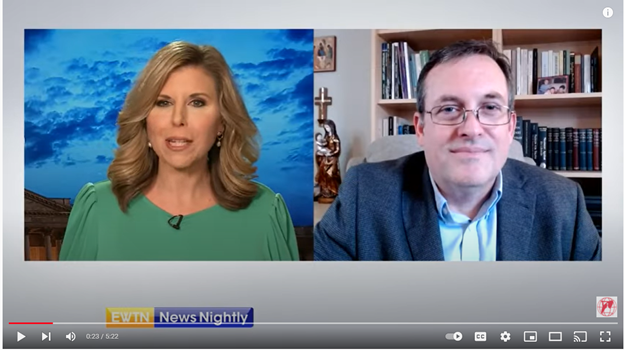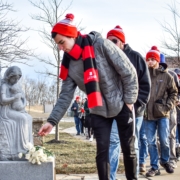‘Study with the Best’ at a Newman Guide College, Says Founder of Popular Catholic Website
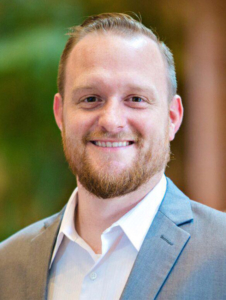
Shaun McAfee
EpicPew.com—a Catholic website known for its humor and the creative approach it takes to share about the Faith—had its origin at a faithful Catholic college recommended in The Newman Guide. Now the founder of EpicPew recommends faithful Catholic colleges to families looking to “study with the best and grow deeper in the Faith.”
In 2013, when Shaun McAfee was enrolled online at Holy Apostles College and Seminary, which is recommended in The Newman Guide, he was classmates with a number of energetic friends who were interested in writing like he was. They were asked to resurrect the College’s “Dead Philosopher Society,” based on the “Dead Poets Society” from the popular film.
“The team assembled and wrote on various topics of theology, philosophy, and the defense of the Faith and morals,” he explained. “But soon we all graduated and didn’t want to disband, so we carried this to what became EpicPew.”
“The idea was the same,” he continued. “Write about the Church, apologetics, and culture, but in a fun and enthusiastic style. So, with these friends, most of them classmates, like Abby and Doug Johnson, Chloe Langr, and others, we launched the site in 2014.”
This successful website has been even more fun to maintain. “It’s been a hoot, and we’ve evolved the style, approach, and model. It’s a really fun group to be part of, and I’m still thrilled when someone mentions EpicPew or when a person I meet around the internet or real-world raves about the site.”
This website wouldn’t be possible without the stellar education offered by Holy Apostles, where McAfee earned a master’s degree in dogmatic theology. As he explained, “I had a wonderful time, semester to semester, exploring the rich teachings of the Church on several subjects such as Mariology, systematic theology, the sacraments, and the Church Fathers.”
Even though McAfee has a day job, he has continued to apply himself to personal study and writing. “[Since graduation], I have written about 800 articles online and 11 books to date. It’s been a whirlwind, but I rest my success on the great methods and resources I discovered at Holy Apostles, not to mention all the networking I was able to do.”
“Holy Apostles showed me that although I had mastered some subjects, there is no end to the topics a Catholic can study (and write on) and perhaps even contribute some understanding to the field.”
McAfee praised the Newman Guide colleges: “One can spend all 12 years of primary school in a ‘Catholic school’ and be catechized but not evangelized. I know there is something special, then, about these Newman Guide schools and how the entire approach to studies is oriented to conversion and intellectual discipleship. I have been asked several times, ‘How do I choose a good Catholic school?’ and I always say, ‘Read the Newman Guide online.’ It’s good advice if you want to study with the best and grow deeper in Faith.”
For McAfee, what sets Holy Apostles apart from all others is the “flexibility and high quality of online students. I earned my degree with a full-time job and several young kids. Others have even greater life demands to overcome and Holy Apostles routinely satisfies the demand for even the toughest schedules. Oh, and I can’t forget to mention that it’s very affordable!”


